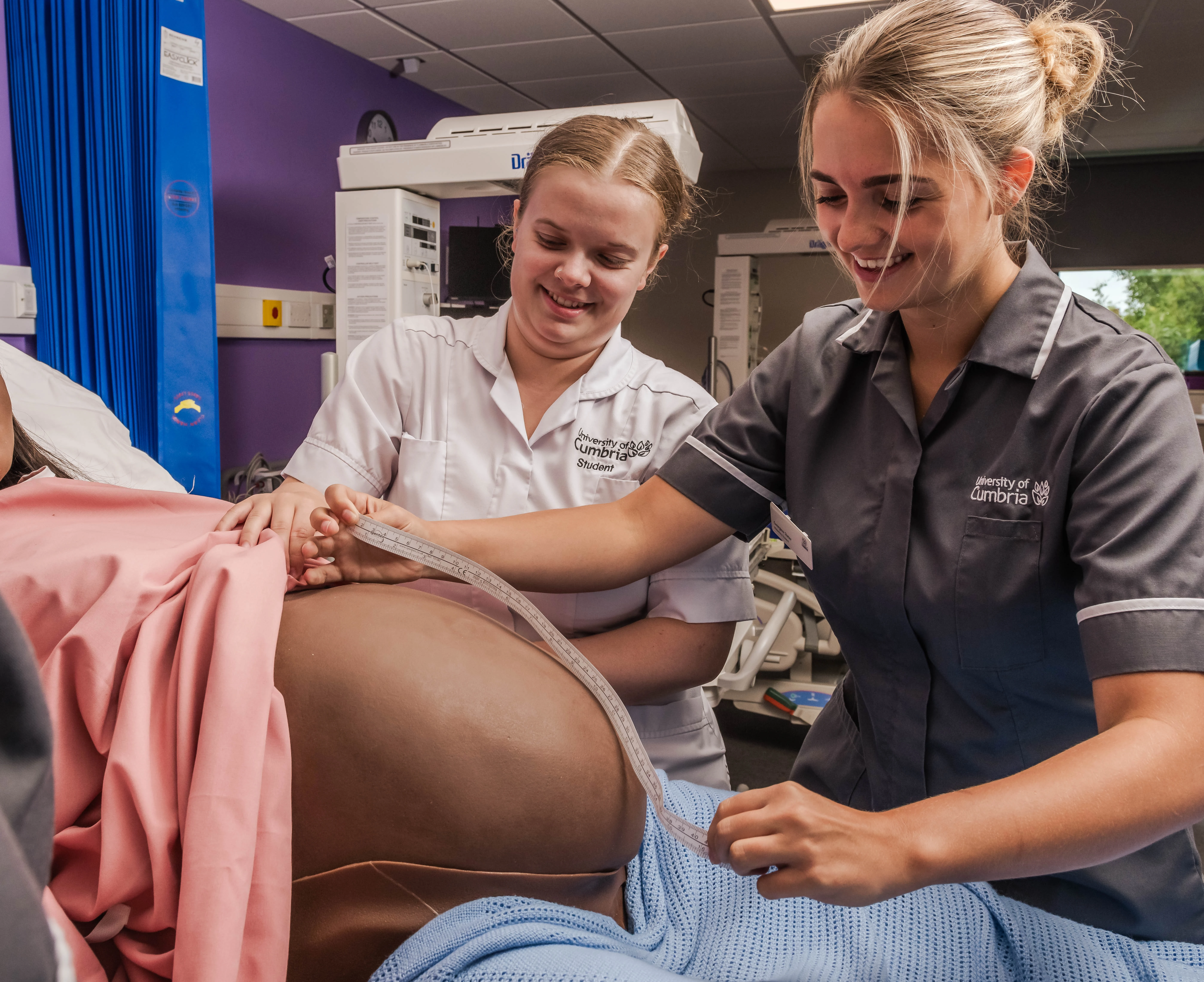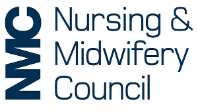How you will learn
This programme aims to use a variety of learning and teaching methods (blended learning) to appeal to a range of learning styles and to provide opportunities for students to extend their learning skills. In addition, we believe that flexibility of access to good quality learning resources (for example; those provided through the Library, and Student Services (LSS); those to which students are directed by programme tutors; their own practice and access to the experience and thoughts of their peers through face-to-face and online discussion) provides a rich and varied learning environment. While the outcomes of a professional programme such as this are clearly prescribed, the individual student’s learning journey can be varied in response to the priorities as they arise from experience. Thus, students have greater control over key aspects of their learning, in an approach, which can be described as ‘flexible and distributed learning’.
In University based sessions, learning and teaching methods include lectures, reflection on practice, critical incidents, videos, discussion, seminars, tutorials, scenarios, simulations and skills drills and care studies. Practical skills workshops throughout the programme will take place in both University and practice settings. Some will be multi-professional and others midwifery student specific. There will be some teaching sessions that will be co-taught with students undertaking the BSc (Hons) Midwifery programme which is intended to enhance diverse peer learning experiences, for example, all clinical skills sessions will be co-taught and modules MIDP7010, MIDP7020, MIDP7030, MIDP7040 MIDP7060 and MIDP7080. MIDP7070 will be taught separately. Additionally, there will be workshops, and academic writing skills sessions exclusively for MSc students.
We will also be using ‘Blackboard’ on this programme. Blackboard is a computer-based virtual learning environment (VLE). The aims of its use on this programme are to facilitate peer and tutor support; provide easy access to relevant online and some text based media; enable the sharing of reflections on practice; enable individual and small group work tasks designed to develop skills of critical thinking and to develop IT skills.
Practical and clinical skills are taught in a dedicated midwifery skills laboratory using state of the art manikins and specific midwifery skills training equipment which is well supported by laboratory technicians and taught by expert midwifery lecturers who are cognisant in contemporary midwifery practice.
Practice placements comprise 50% of the programme time. Students will be based for much of their practice time in the maternity services across several trusts in Cumbria and North Lancashire. Although students are allocated to a specific Trust the placement unit ensures that all students are allocated fairly and that they spend time in all maternity units and community areas within that Trust.
How you will be assessed
A full range of assessment methods has been selected in order to enhance student learning and to help students to demonstrate the extent to which they have achieved all the module learning outcomes, and, overall, the programme aims. Each module’s learning outcomes relate to the module assessment item(s).
All modules are summatively assessed and must be passed. Formative assessments are also used throughout several modules.
Students have an opportunity across the programme to reflect on their progression and their development. These personal reflections contribute to and are evidenced in assessments through a variety of means.
Types and methods of assessment will include professional discussions, written assignments, Objective Structured Clinical Examinations (OSCE’s), presentations, portfolio and dissertation. Authentic assessment methods are utilised to provide effective feedback and feedforward recommendations to enable student success. Assessment load is specifically designed to be timely and prevent assessment overload. Anonymous marking will be employed wherever possible within the programme.
Development of NMC Standards for Proficiency and Annexe A and B through simulation and practice
This normally takes place within a practice setting and/or designated skills laboratory, facilitated by specifically trained staff, using specialist equipment. Simulation provides safe learning opportunities in basic as well as potentially complex situations and helps students acquire important skills before going into a placement environment. Simulation will also be facilitated using role play, workshops and a variety of digital media.
NMC Standards for Proficiency in Clinical Practice
There is a longitudinal practice module each year taking place over 2 to 3 placements per year. All placements are summative and must normally be passed to progress on the programme, and to enable registration with the NMC. A failed placement will be allowed one further attempt to recoup the fail. Failure of a second attempt at practice assessment will normally mean discontinuation from the programme. Qualified practice assessors assess students’ acquisition of skills and achievement of the NMC proficiencies in clinical practice. Practice assessors alongside academic assessors will confirm students are proficient to progress to NMC registration.
Students’ professionalism, attitudes, good health and character are vital aspects of this assessment. University Link Lecturers and Placement Education Facilitators support both students and assessors in the placements. Most of the theoretical work is linked to practice in some way and assessors will explore students’ underpinning knowledge, and how their personal and professional characteristics impact on their performance.
Our learning and teaching strategy is based on the philosophy that midwives occupy a privileged position within society. Patients, clients and members of the public have the right to expect the highest standards of professional behaviour. Training to be a midwife, whilst working and studying for this highly valued qualification is a challenging and stimulating process, on both personal and professional levels. The programme is designed to ensure that theory and practice are clearly linked throughout in order to enhance patient care. This includes the requirement for students to demonstrate the appropriate professional attitudes, values and character throughout their written work, their time on placement, and conduct on the programme.
Service user and carer involvement is viewed as an integral part of the programme and we are actively continuing to develop their involvement in curriculum development and delivery. Practice assessors involve service users, seeking their opinions when assessing students on placement contributing to the overall decision regarding the achievement of proficiencies.









.webp)


